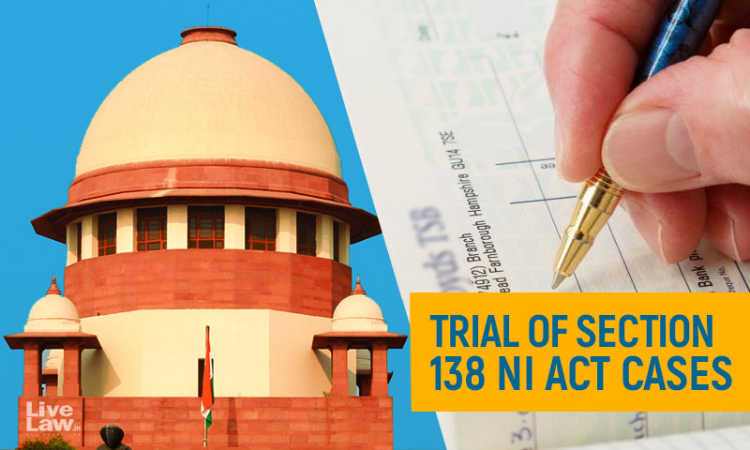Why Not Close Cheque Cases With Amount Below A Certain Limit? Supreme Court Asks Centre, States & Banks
Srishti Ojha
27 April 2022 6:34 PM IST

Next Story
27 April 2022 6:34 PM IST
Expressing concerns at the huge volume of cases for dishonour of cheque under Section 138 of the Negotiable Instruments Act clogging the courts system, the Supreme Court on Wednesday suggested the formation of a policy for closure of cases of banks and financial institutions involving amount below a certain limit. The Court suggested that such policy can exempt the complaints filed by...
